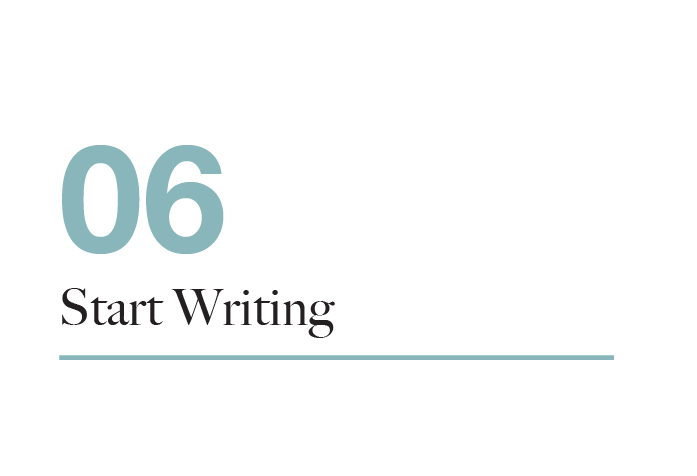
Script Writing for Recovery
Script writing is a skill that can be developed as a powerful tool for recovery from substance use and mental health disorders.
Why Share Your Story?
1. You’re in a unique position to speak to others traveling down the same recovery road you’ve been down. You have a story to tell — and it has the potential to provide great hope to those who hear it. It’s both an individual story and a public story that relates to the greater whole of the recovery community.
2. Your story is important. Behavioral health disorders have a deep and lasting impact on the people they touch. For many, it is the defining experience of their lives. It would be unbearable to think that these experiences are without meaning. Every story of illness and recovery is profoundly important – to the people who have lived it and all humanity.
3. Sharing your story makes it real. It’s not a story until you tell someone else. Until that happens, it is just inside you. Once you tell someone, you have made a declaration to another human being. When we share a story, we are offering a piece of ourselves.
4. Sharing your story helps you find your voice. Writing about a period in your life can help you organize past events in the structure of a story with a beginning, middle and end, and talk about what you learned from it. It allows you to think about the events of your life and express them in a way that makes sense to other people and ultimately to you yourself.
5. Sharing your story makes you stronger. Studies have shown that sharing experiences, particularly difficult ones, with others results in improved health and well-being. Sharing these experiences in story form helps establish supportive bonds with other people. It also re-affirms positive values and reinforces lessons learned from life experiences.
6. Sharing your story helps other people. Your story may be someone else’s saving light – a message that they are not alone and their situation is far from hopeless. Our own emotional resilience and capacity to cope are strengthened when we realize we have the wisdom and strength to help other people.
7. Sharing your story builds community. Storytelling is one of the oldest art forms practiced by humans. Stories entertain and teach. They reflect on experience and create community. Stories also have the power to heal. Shared storytelling is one of the foundations of civilization. Ancient myths are stories early humans told around a fire before we had science and religion.
During this experience you will create a script for 10-minute audio podcast with you as the main character.
Sample Script Writing Session
This is an excerpt from the 01. You Can Do This session of the Script Writing Workshop program.
“There is no greater agony than bearing an untold story inside you.” — Maya Angelou.
Recovery is a process of change through which individuals improve their health and wellness, live self-directed lives, and strive to reach their full potential (SAMSHA, July 2019). Recovery is not about getting rid of our loved one’s mental health or substance use problems but seeing beyond them, recognizing and fostering our abilities, interests and dreams. (Jacob, 2015). Recovery is about looking beyond these limits, real and imagined, and helping us become our “best self”. This concept of recovery can be illustrated through sharing your story.
Used purposefully, storytelling can contribute to inclusion and connection, build confidence, and bring about change. Writer Harper Lee’s semi-autobiographical novel “To Kill a Mockingbird” is a story telling model we can look to for inspiration. Described in a simple Log line as “A hauntingly nostalgic portrayal of childhood mischief set in a racially divided Alabama town in the 1930s”, the book sold more than 40 million copies and has become one of the most beloved and most taught works ever written by an American. To view the first chapter (pages 1 to 19) of this 1960 Pulitzer Prize winner and compare it with the corresponding section (pages 1 to 26) of Horton Foote’s 1962 Academy Award Adapted Screenplay click these buttons. Compare page 6 of the book with page 1 of the script so the differences between these two forms of storytelling.
Script Writing Sessions
You need a CRAFT Connect account to be able to access these sessions. CLICK HERE to Sign Up for this and other CRAFT Connect programs.
Group Facilitator
John Garbett facilitates the script writing group. For 25 years, as an agent of change, John led creative development and production management teams for DreamWorks SKG, MGM/UA, Warner Bros, Universal, Amblin Entertainment and Disney. Projects included “The Disney Sunday Movie”, “Father of the Bride”, "The Frighteners", "The Matrix" and the Academy Award winning "Shrek". He created the groundbreaking “12 Steps to Change” addiction recovery video series and other behavioral health related media and curriculum for the LDS Church.








